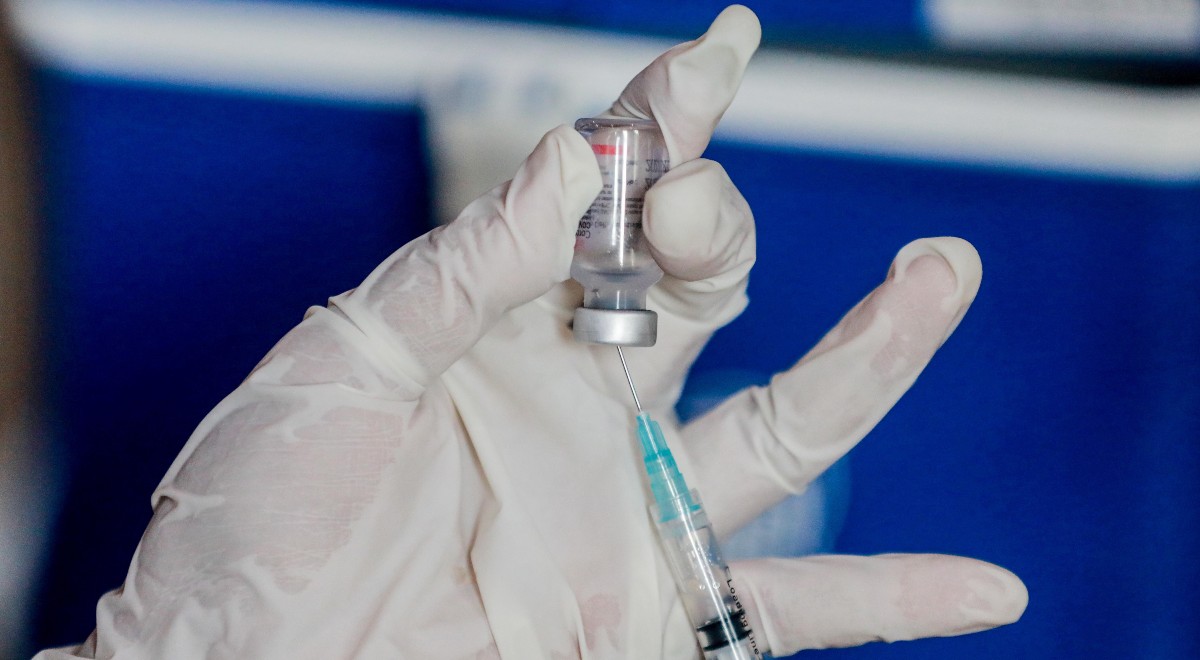According to preliminary results of a study by American scientists, published on Wednesday, people who received the Johnson & Johnson COVID-19 vaccine may benefit most from a booster dose of a different type of RNA vaccine.
A study funded by the US National Institutes of Health is investigating the possibility of “mixing” vaccines, that is, using a different vaccine in a booster dose than previous doses. This treatment is currently prohibited in the United States.
The study involved 458 adults vaccinated with one of three US-approved drugs (Pfizer, Moderna, or Johnson & Johnson). Each of the three groups was divided into three new groups to receive again one of the three available vaccines as a booster dose, respectively.
The researchers then analyzed the antibody levels 15 days after the re-injection. Those who were first vaccinated with the Johnson & Johnson vaccine were found to have increased antibody levels 4-fold after a booster dose of the same vaccine, 35-fold with a booster dose of Pfizer and 76-fold with a booster dose of Moderna.
In contrast, those who first vaccinated Moderna had higher antibody levels each time than those first vaccinated with Pfizer or Johnson & Johnson, “regardless of the boosted vaccine.”
Earlier Wednesday, the Food and Drug Administration (FDA) announced that the Moderna COVID-19 vaccine did not meet all the criteria that would require approval for its third dose. An additional dose of Moderna vaccine has been found to increase antibody levels, but this difference is not very pronounced, especially for people whose antibody levels remain high.

